
Find Help
More Items From Ergsy search
-

Can hay fever occur year-round?
Relevance: 100%
-

What is hay fever?
Relevance: 99%
-
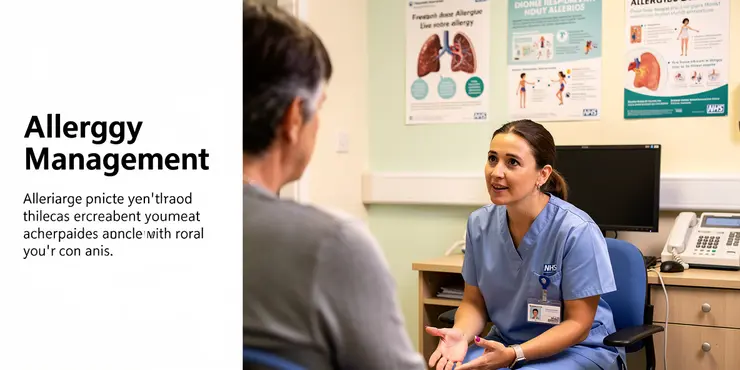
Is there a link between hay fever and asthma?
Relevance: 98%
-

Can hay fever be prevented?
Relevance: 98%
-

Is hay fever more common in urban areas?
Relevance: 97%
-
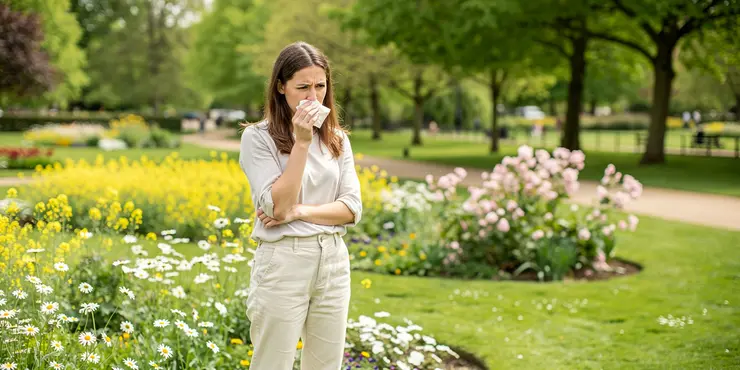
Are some people more prone to hay fever?
Relevance: 97%
-
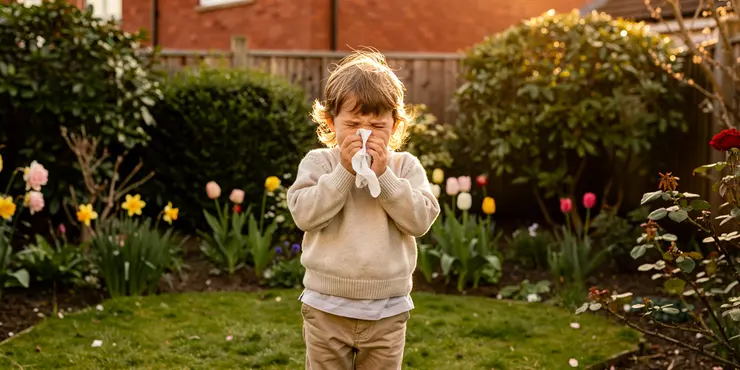
Can children develop hay fever?
Relevance: 96%
-

What are the common symptoms of hay fever?
Relevance: 95%
-
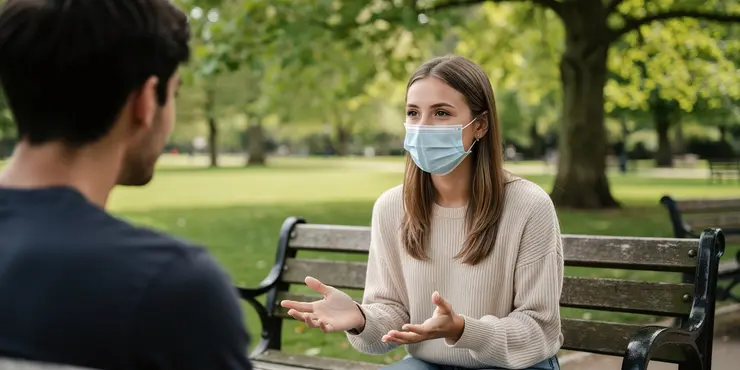
Do masks help with hay fever?
Relevance: 95%
-

Hay fever advice | NHS
Relevance: 94%
-
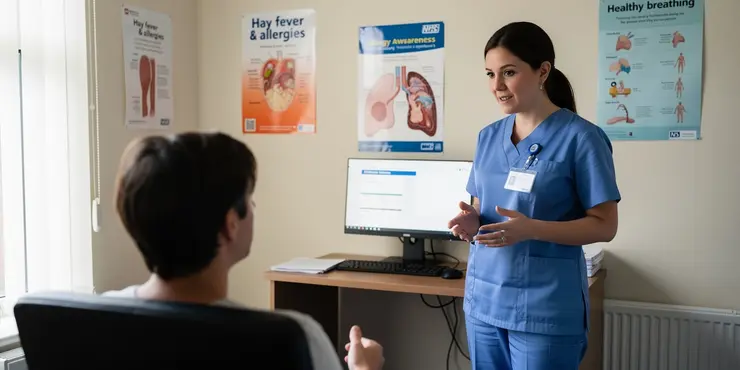
Do all plants produce pollen that causes hay fever?
Relevance: 92%
-

Can hay fever symptoms mimic other conditions?
Relevance: 92%
-

Why are experts warning of rising hay fever cases?
Relevance: 91%
-

Self care - hay fever itchy eyes
Relevance: 90%
-
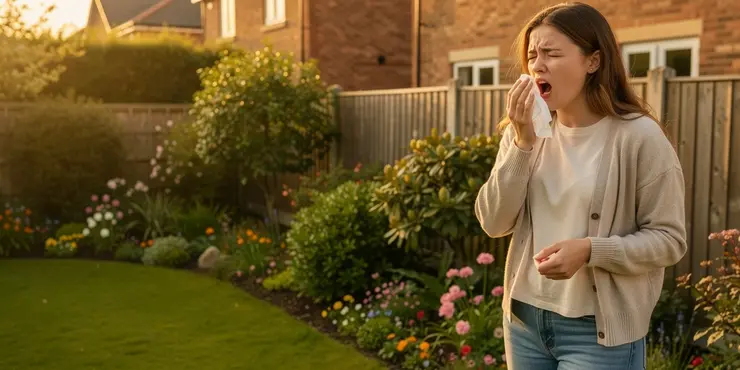
Experts Warn of Rising Hay Fever Cases as Pollen Counts Surge
Relevance: 90%
-

Antihistamines how they work with hay fever
Relevance: 89%
-
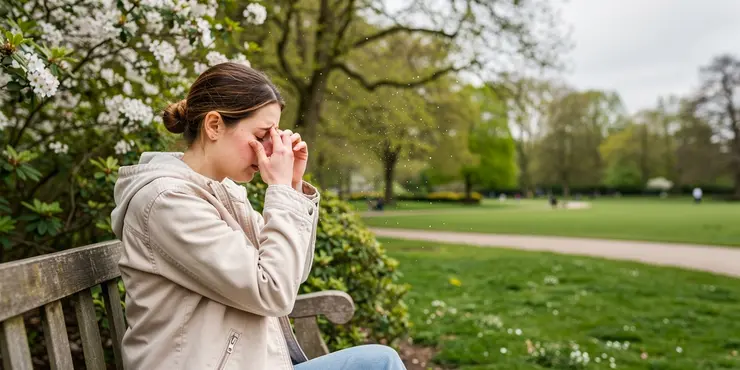
How does pollen affect people with hay fever?
Relevance: 89%
-

Can diet influence hay fever symptoms?
Relevance: 87%
-

How long does a typical hay fever season last?
Relevance: 87%
-

Do pets contribute to hay fever?
Relevance: 86%
-

Can mosquito screens help reduce hay fever symptoms?
Relevance: 82%
-
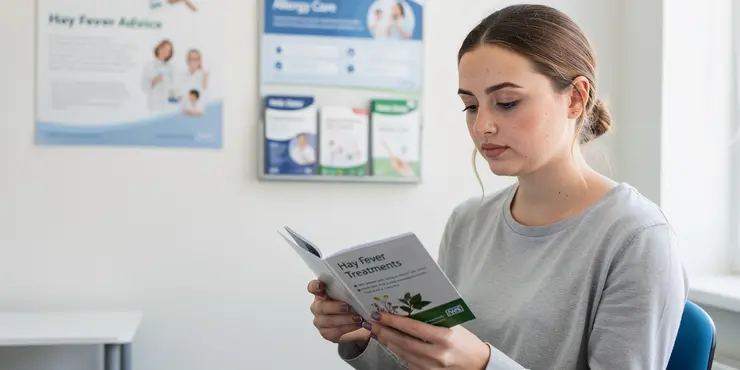
Are there any treatments for hay fever?
Relevance: 69%
-
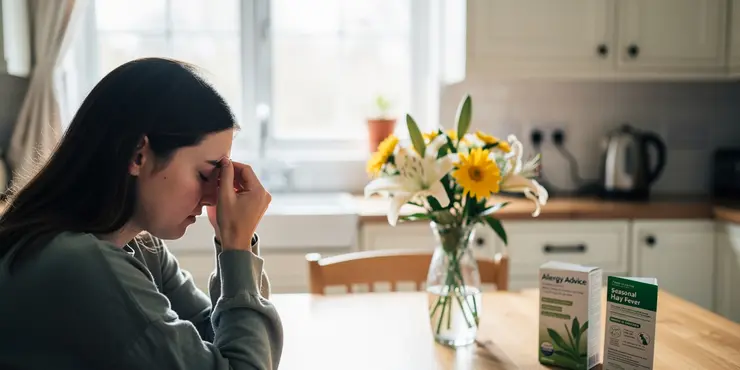
Dealing with Seasonal Allergies
Relevance: 57%
-

Understanding Seasonal Flu: Prevention and Treatment
Relevance: 48%
-
Are there seasonal jobs with the National Trust?
Relevance: 41%
-

Will climate change affect the 2026 flu season?
Relevance: 40%
-

Is flu season going to be bad in 2026?
Relevance: 40%
-
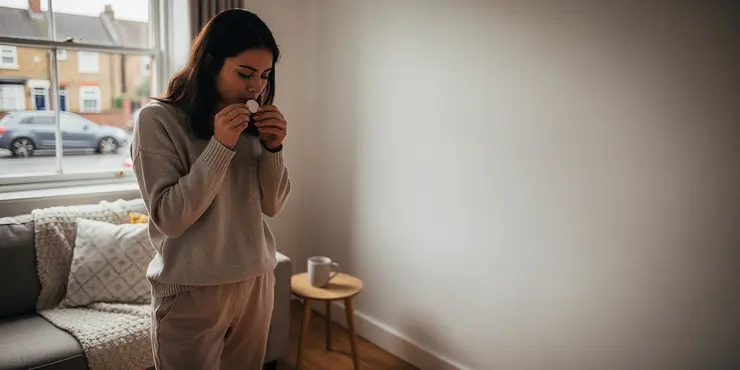
What is the typical duration a nicotine pouch should be used?
Relevance: 38%
-

Caring for a child with fever | NHS
Relevance: 38%
-

What is the typical duration of a promotional balance transfer offer?
Relevance: 37%
-

Can dengue fever be contracted in the UK?
Relevance: 37%
-

Is there a season when mosquito-borne diseases are more likely in the UK?
Relevance: 37%
-

Is there a risk of yellow fever being spread by mosquitoes in the UK?
Relevance: 37%
-

How to treat glandular fever | NHS
Relevance: 37%
-

Latest Advice on Managing Respiratory Illnesses During Flu Season
Relevance: 36%
-

What is seasonal affective disorder - or SAD?
Relevance: 36%
-

Strategies for Managing Seasonal Affective Disorder
Relevance: 36%
-

What factors determine if the flu season will be bad in 2026?
Relevance: 36%
-

How common is Seasonal Affective Disorder?
Relevance: 36%
-

What is Seasonal Affective Disorder (SAD)?
Relevance: 36%
Introduction to Hay Fever
Hay fever, also known as allergic rhinitis, is a common allergic condition that affects a significant percentage of the UK population. It is caused by an allergic response to pollen from grass, trees, and weeds. Each year, millions suffer from symptoms such as sneezing, itchy eyes, and a runny or blocked nose. Understanding the hay fever season is crucial for those affected, as it allows them to take preventive measures and better manage their symptoms.
The Duration of Hay Fever Season
The typical hay fever season in the UK spans several months and is generally divided into three main periods, each corresponding to different types of pollen. These periods can overlap, which may cause variation in how long individuals experience symptoms. Depending on the specific pollen someone is allergic to, they might experience hay fever symptoms for either a shorter or longer duration within these periods.
Tree Pollen Season
The tree pollen season is the first phase of the hay fever season in the UK. It usually begins in late March and can last until mid-May. The primary tree pollens affecting sufferers during this time are from birch, alder, and oak trees, among others. This period can be particularly challenging for those sensitive to tree pollen.
Grass Pollen Season
The grass pollen season is the most prevalent and affects the largest group of hay fever sufferers. It typically starts in mid-May and extends through July. Grass pollen, particularly from ryegrass and timothy grass, causes hay fever symptoms to intensify during this period. For many in the UK, this is the most challenging time of the hay fever season.
Weed Pollen Season
The weed pollen season is the last phase of the hay fever season, occurring from the end of June through to September. Common weeds that produce pollen during this time include nettles, mugwort, and plantain. Though fewer people are affected compared to grass or tree pollen, weed pollen can still cause significant discomfort for those who are sensitive to it.
Conclusion
In summary, the hay fever season in the UK can last from March to September, depending on the types of pollen an individual reacts to. The overlapping nature of these pollen seasons means some sufferers may experience symptoms for a longer duration. It is important for those affected to monitor pollen forecasts and manage their environment and symptoms accordingly. With the right precautions, individuals can better cope with the challenges posed by the hay fever season.
What is Hay Fever?
Hay fever is when your body reacts badly to something in the air. This problem is common in the UK. It happens when you breathe in tiny bits from plants, like grass and trees, called pollen. Many people feel unwell because of it. They sneeze a lot, have itchy eyes, and a runny or blocked nose. Knowing when hay fever happens can help you feel better by getting ready in advance.
When Does Hay Fever Happen?
In the UK, hay fever lasts for several months. It comes in three main times. These times match when different plants release pollen. Some people might feel hay fever for a short time, while others might feel it for longer, depending on the pollen they are allergic to.
When Tree Pollen Comes
The first time hay fever can start in the UK is because of tree pollen. This begins in late March and can last until mid-May. Pollen from trees like birch, alder, and oak can make people feel bad. If you are allergic to tree pollen, this time can be hard for you.
When Grass Pollen Comes
The time when grass pollen is in the air is the worst for many people. It starts in mid-May and goes on until July. Pollen from grasses like ryegrass makes hay fever symptoms worse. For lots of people in the UK, this is the toughest time.
When Weed Pollen Comes
The last time hay fever can happen is because of weed pollen. This goes from the end of June until September. Weeds like nettles and plantain make pollen then. Fewer people have trouble with weed pollen, but it can still make some feel unwell.
Summary
To sum up, hay fever in the UK can be a problem from March to September. It depends on which pollen bothers you. Because these times can overlap, some people feel hay fever longer than others. It is important to watch the pollen reports and take steps to help yourself feel better. With the right help, you can feel more comfortable during hay fever season.
Frequently Asked Questions
Useful Links
This website offers general information and is not a substitute for professional advice.
Always seek guidance from qualified professionals.
If you have any medical concerns or need urgent help, contact a healthcare professional or emergency services immediately.
Some of this content was generated with AI assistance. We’ve done our best to keep it accurate, helpful, and human-friendly.
- Ergsy carfully checks the information in the videos we provide here.
- Videos shown by Youtube after a video has completed, have NOT been reviewed by ERGSY.
- To view, click the arrow in centre of video.
- Most of the videos you find here will have subtitles and/or closed captions available.
- You may need to turn these on, and choose your preferred language.
- Go to the video you'd like to watch.
- If closed captions (CC) are available, settings will be visible on the bottom right of the video player.
- To turn on Captions, click settings .
- To turn off Captions, click settings again.
More Items From Ergsy search
-

Can hay fever occur year-round?
Relevance: 100%
-

What is hay fever?
Relevance: 99%
-

Is there a link between hay fever and asthma?
Relevance: 98%
-

Can hay fever be prevented?
Relevance: 98%
-

Is hay fever more common in urban areas?
Relevance: 97%
-

Are some people more prone to hay fever?
Relevance: 97%
-

Can children develop hay fever?
Relevance: 96%
-

What are the common symptoms of hay fever?
Relevance: 95%
-

Do masks help with hay fever?
Relevance: 95%
-

Hay fever advice | NHS
Relevance: 94%
-

Do all plants produce pollen that causes hay fever?
Relevance: 92%
-

Can hay fever symptoms mimic other conditions?
Relevance: 92%
-

Why are experts warning of rising hay fever cases?
Relevance: 91%
-

Self care - hay fever itchy eyes
Relevance: 90%
-

Experts Warn of Rising Hay Fever Cases as Pollen Counts Surge
Relevance: 90%
-

Antihistamines how they work with hay fever
Relevance: 89%
-

How does pollen affect people with hay fever?
Relevance: 89%
-

Can diet influence hay fever symptoms?
Relevance: 87%
-

How long does a typical hay fever season last?
Relevance: 87%
-

Do pets contribute to hay fever?
Relevance: 86%
-

Can mosquito screens help reduce hay fever symptoms?
Relevance: 82%
-

Are there any treatments for hay fever?
Relevance: 69%
-

Dealing with Seasonal Allergies
Relevance: 57%
-

Understanding Seasonal Flu: Prevention and Treatment
Relevance: 48%
-
Are there seasonal jobs with the National Trust?
Relevance: 41%
-

Will climate change affect the 2026 flu season?
Relevance: 40%
-

Is flu season going to be bad in 2026?
Relevance: 40%
-

What is the typical duration a nicotine pouch should be used?
Relevance: 38%
-

Caring for a child with fever | NHS
Relevance: 38%
-

What is the typical duration of a promotional balance transfer offer?
Relevance: 37%
-

Can dengue fever be contracted in the UK?
Relevance: 37%
-

Is there a season when mosquito-borne diseases are more likely in the UK?
Relevance: 37%
-

Is there a risk of yellow fever being spread by mosquitoes in the UK?
Relevance: 37%
-

How to treat glandular fever | NHS
Relevance: 37%
-

Latest Advice on Managing Respiratory Illnesses During Flu Season
Relevance: 36%
-

What is seasonal affective disorder - or SAD?
Relevance: 36%
-

Strategies for Managing Seasonal Affective Disorder
Relevance: 36%
-

What factors determine if the flu season will be bad in 2026?
Relevance: 36%
-

How common is Seasonal Affective Disorder?
Relevance: 36%
-

What is Seasonal Affective Disorder (SAD)?
Relevance: 36%


